On Wednesday 29th June, BUDI hosted an event ‘(Re) consider Dementia’ as part of the annual BU Festival of Learning. It was a packed day and showcased a number of research projects as well as entertainment from the BUDI Orchestra.
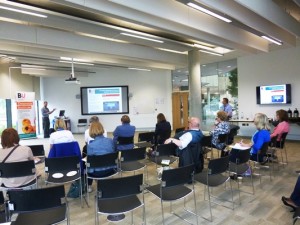
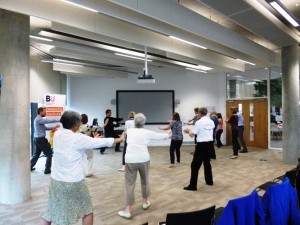
During the morning, Dr Samuel Nyman introduced the TACIT Trial. Funded by the National Institute for Health Research, this project will teach Tai Chi to people living with dementia in the Bournemouth and Southampton areas, with the aim to see whether it leads to improvements in postural balance, health and wellbeing for them and their carer. Some of the Tai Chi exercises were then taught to the participating audience by Robert Joyce of Elemental Tai Chi, who is part of the team working on this project. You can obtain further information by visiting http://blogs.bournemouth.ac.uk/dementia-institute/2016/02/18/4170/.
Over the lunch hour, attendees were entertained by the BUDI Orchestra as they held their concert in the Student Hall. This performance was the first of three that will be held over the next 12 months following funding from the Arts Council won earlier this year by Andy Baker, the lead musician. The orchestra is made up of those living with dementia, their carer partners, BU staff (in the picture you can see BU’s Sarah Cronin singing “Danny Boy”) along with 5 talented musicians. Everyone was joyous and in good spirits especially as the BBC were filming the orchestra for their Inside Out programme to be featured in September. Bournemouth Echo as well as BU’s PR team were also taking photos, video clips and quotes from both the orchestra and the audience. You may have seen the Echo’s article already.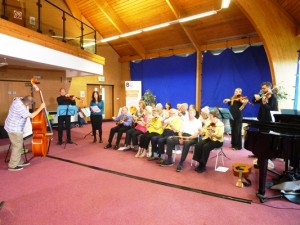
May we take this opportunity to ask that should you know of anyone living with dementia that would like to join the orchestra, or if you have any unwanted string or percussion instruments that you no longer have use for then please do contact budi@bournemouth.ac.uk as the orchestra will give them a good home.
The afternoon continued with three interesting presentations focusing on current BUDI research. Dr Michelle Heward started by introducing team posters and presenting Cage Cricket, a pilot project being carried out by Dr Rick Fisher and Ben Hicks who are working in partnership with Dementia Hampshire and Cage4All. To find our more visit http://blogs.bournemouth.ac.uk/dementia-institute/2016/06/02/cage-cricket-with-people-with-dementia-and-their-care-partners/
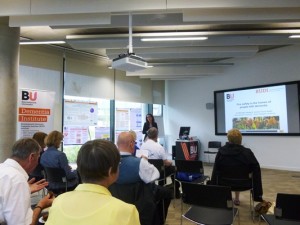 After a short interval, Michelle continued with her own informative project on “Fire safety in the home”. This was funded by the Inspired by 2012 Health & Wellbeing Legacy Fund. Michelle and Dr Fiona Kelly worked closely with Dorset Fire & Rescue in producing training of some staff and literature. Michelle then answered several interesting questions. To find out more visit http://blogs.bournemouth.ac.uk/dementia-institute/2016/03/23/fire-safety-innovations-for-people-affected-by-dementia-2/
After a short interval, Michelle continued with her own informative project on “Fire safety in the home”. This was funded by the Inspired by 2012 Health & Wellbeing Legacy Fund. Michelle and Dr Fiona Kelly worked closely with Dorset Fire & Rescue in producing training of some staff and literature. Michelle then answered several interesting questions. To find out more visit http://blogs.bournemouth.ac.uk/dementia-institute/2016/03/23/fire-safety-innovations-for-people-affected-by-dementia-2/
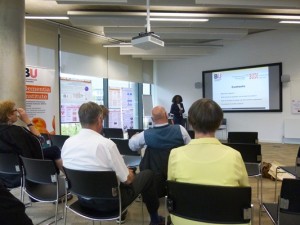
Finally, Mary Duah-Owusu White presented for the first time on her PhD “Improving care for people in acute hospital wards”. The audience listened with interest and look forward to hearing the outcomes at a future BUDI event.
To find out more about our work please visit our website: http://blogs.bournemouth.ac.uk/dementia-institute/
Report by Michelle O’Brien, BUDI Administrator

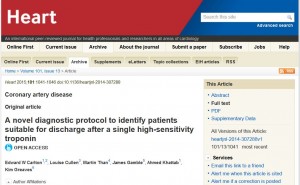
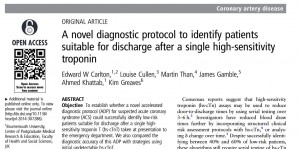
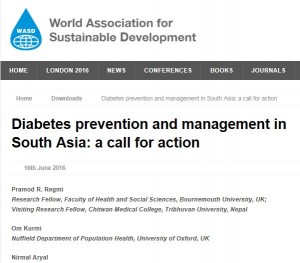
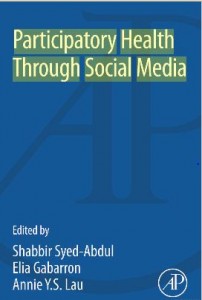
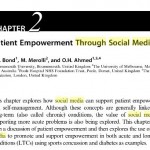
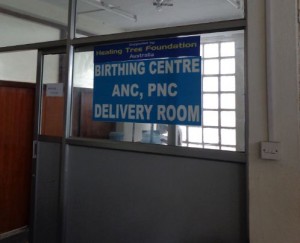

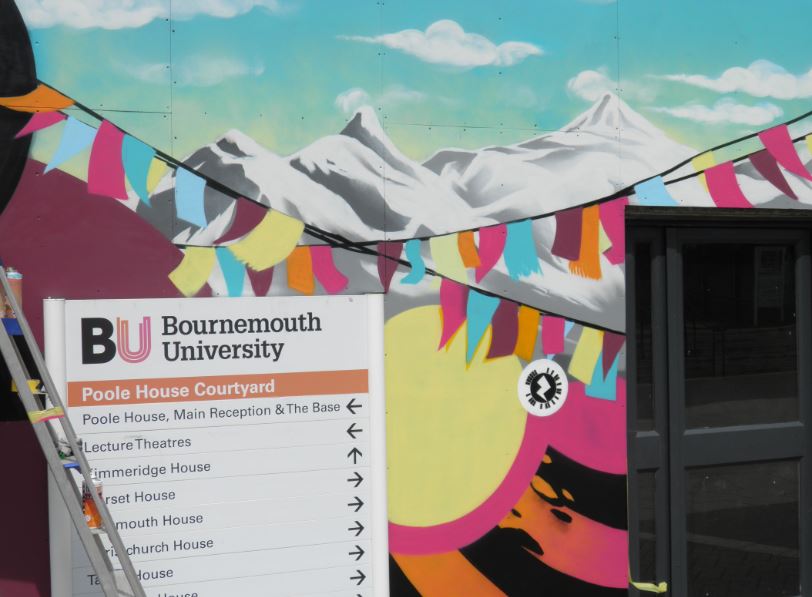
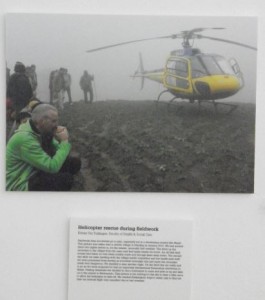
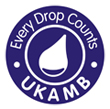
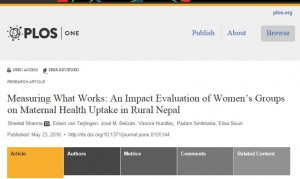
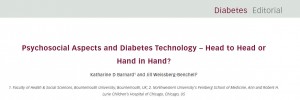
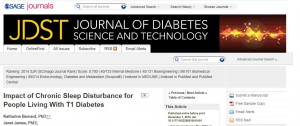
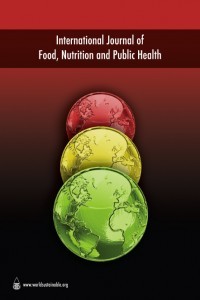


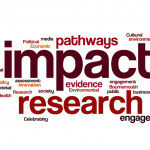











 Dr. Ashraf cited on ‘Modest Fashion’ in The Guardian
Dr. Ashraf cited on ‘Modest Fashion’ in The Guardian NIHR-funded research launches website
NIHR-funded research launches website Academics write for newspaper in Nepal
Academics write for newspaper in Nepal New paper published on disability in women & girls
New paper published on disability in women & girls Global Consortium for Public Health Research 2025
Global Consortium for Public Health Research 2025 MSCA Postdoctoral Fellowships 2025 Call
MSCA Postdoctoral Fellowships 2025 Call ERC Advanced Grant 2025 Webinar
ERC Advanced Grant 2025 Webinar Horizon Europe Work Programme 2025 Published
Horizon Europe Work Programme 2025 Published Horizon Europe 2025 Work Programme pre-Published
Horizon Europe 2025 Work Programme pre-Published Update on UKRO services
Update on UKRO services European research project exploring use of ‘virtual twins’ to better manage metabolic associated fatty liver disease
European research project exploring use of ‘virtual twins’ to better manage metabolic associated fatty liver disease